
Korach: Arrogance or Humility?
Korach was a brilliant person to whom wisdom, wealth and achievement came easily. He believed it was due to his own prowess…

In a certain city resided a Torah scholar who was also quite wealthy. Despite all of his positive traits, he was unfortunately exceedingly arrogant. This flaw in his personality distressed his close friends. It is such a pity, they told him. If you were humble you would be a perfect individual!
The man heeded his friends’ advice and adopted humble traits. Shortly thereafter, a particular individual taunted him.
“Who do you think you are insulting?” asked the wise man. You should know that I have every positive quality that is possible for a human being to possess. Furthermore, I am extraordinarily humble and there is no one who even approaches me in this area!
“Any person who knows that he is humble”, said Rabbi Yisrael Ba’al Shem Tov, “is comparable to the arrogant wise man.” (Jewish Parables by Rabbi Yisrael Bronstein, Pg. 163)
Moshe and Korach learned the same Torah but look what one accomplished and consider what the other did! Korach was a brilliant person to whom wisdom, wealth and achievement came easily. He believed it was due to his own prowess.
Rebbe Nachman of Breslev teaches that it is harmful to acquire something without prayer. Contrast Korach with Moshe who was the greatest yet humblest of men. His greatness didn’t come effortlessly. The Kli Yakar teaches that Moshe spent years in the wilderness immersed in introspection and personal  prayer. He repeatedly implored Hashem to help him reach his potential.
prayer. He repeatedly implored Hashem to help him reach his potential.
Double wrap Torah study with prayer and thanks
In the Garden of Purity, Rav Arush conveys Rebbe Nachman’s teaching that one must pray before learning in order to reap the truth of Torah and not become arrogant from it. One’s learning should also bring a person to humility and emuna and not just serve as a tool for the sharpening of his intellect.
Our prayers to learn Torah properly and to apply in our daily lives the laws and lessons that we learn should also be complemented with prayers of gratitude for whatever we have been privileged to learn that particular day, no matter how much or how little.
The lust for victory + arrogance = double trouble
Rebbe Nachman teaches that the lust for victory is incompatible with pure emuna and the quest for truth. This obsession to win at all costs makes it impossible to find truth. Such a person is primarily interested in promoting his personal agenda and vanquishing others in argument. He or she becomes stuck on preconceptions and prejudices. “Don’t confuse me with the facts, my mind is already made up. “ Rather than basing his desires on truth, he spins a distorted version of truth to justify his desires.
Compare this approach with Moshe’s behavior. When he was wrong he admitted it and when he didn’t know something he asked Hashem for guidance. His priority was to find Hashem’s truth, not self-promotion.
The need for continuous prayer, self-assessment and repentance
In Garden of Knowledge, Rabbi Arush says that if one takes pride in his wisdom, strength or wealth, attributing them to his own power, then his pride will be his downfall. His pride becomes a barrier in the way of knowing Hashem.
In order for a person to truly cling to Hashem, he must speak to Hashem constantly, internalizing the fact that there is no one and nothing but Hashem. One must repeat millions of times: “My successes in material and spiritual endeavors are all from Hashem.”
Rav Arush says we must also study the Shulchan Aruch (the Code of Jewish Law) and its principle commentaries over and over in order to learn what religious law expects from us. We can’t rely on our own logic even if we are as brilliant as Korach.
Place Hashem before you
When I was in Uman a couple of years ago, Rabbi Arush said that you can either emulate King David and keep Hashem before you at all times or you can keep yourself before you at all times. A person who does the latter will become arrogant and experience frequent alternating periods of anger, frustration and sadness. The choice is ours.
When we sincerely engage in Torah study combined with heartfelt prayer, our Torah will be the Torah of Moshe and we will be able to elevate ourselves and others. Amen, may it be so.



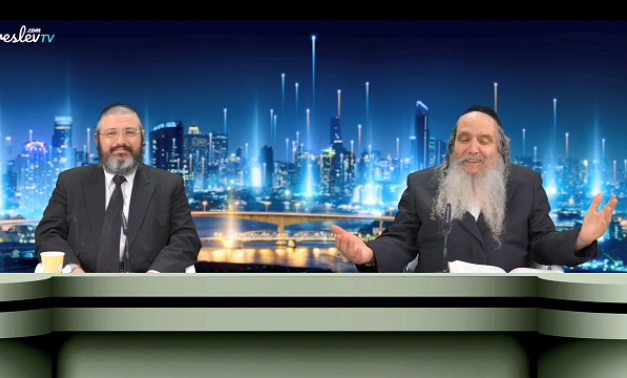
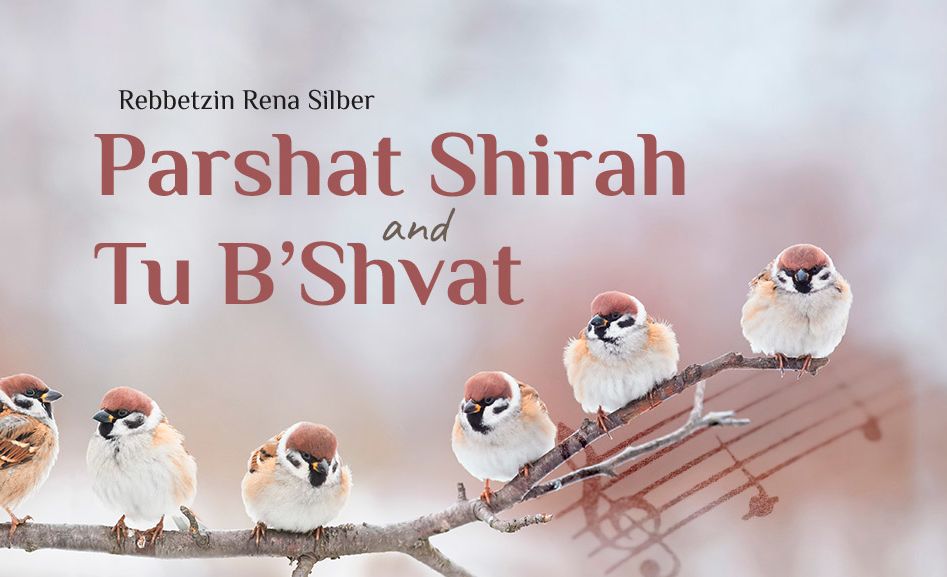

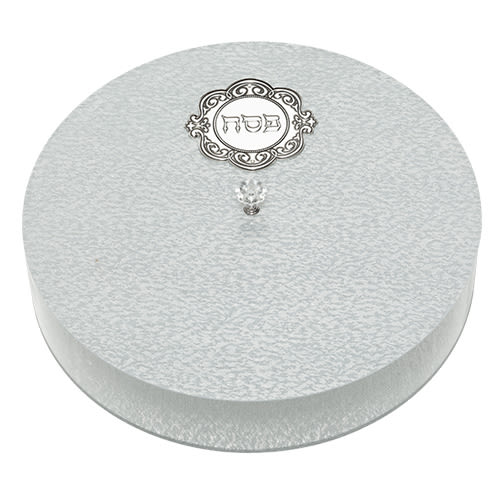
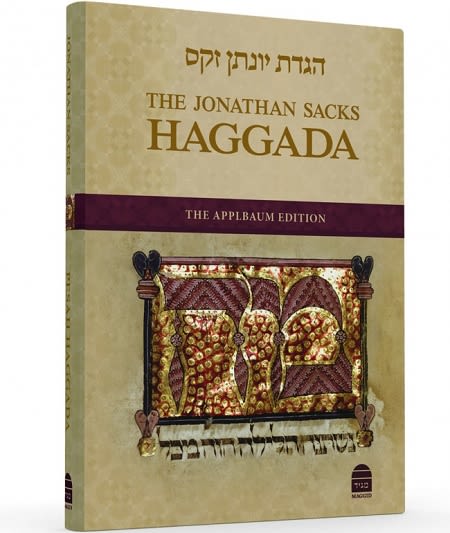
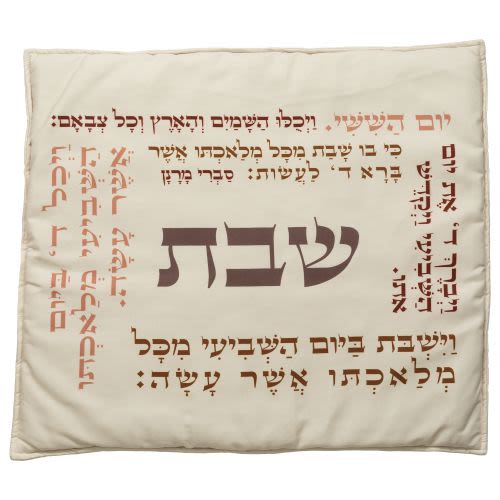


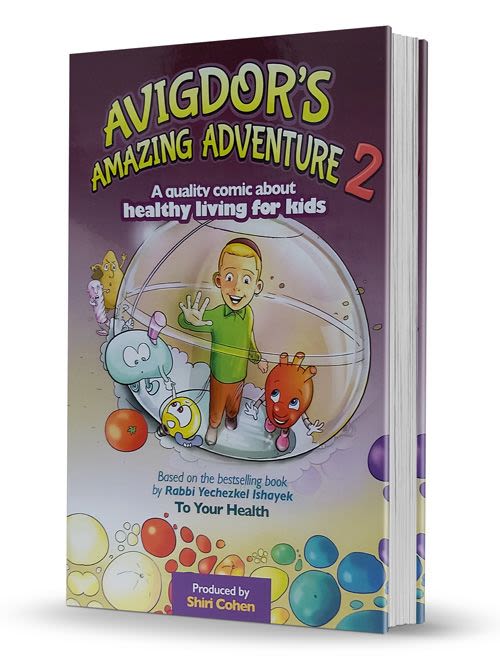
Tell us what you think!
Thank you for your comment!
It will be published after approval by the Editor.